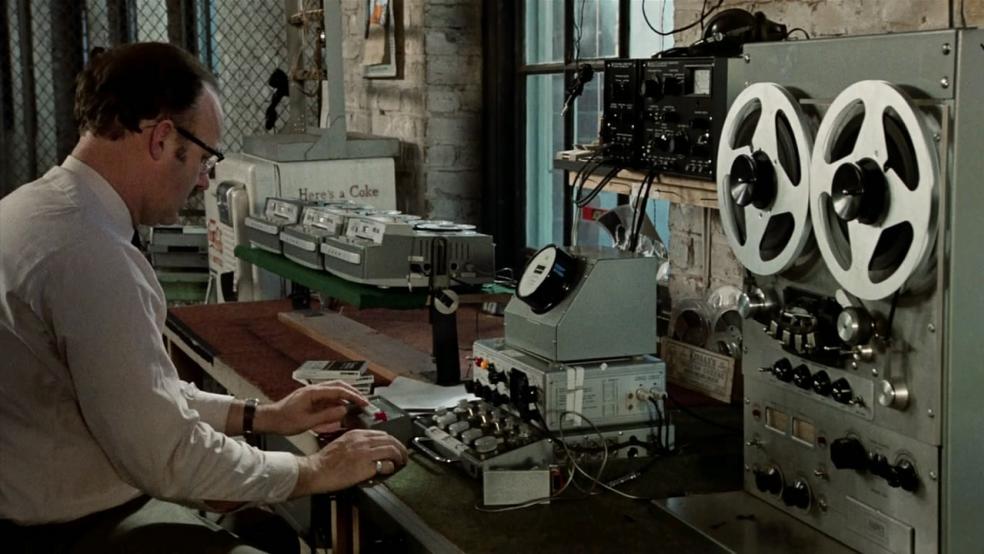The storm of controversy unleashed over the weekend by President Trump’s extraordinary Twitter-based accusation that his predecessor, Barack Obama, ordered unspecified government agents to wiretap Trump Tower in the weeks before last year’s presidential election had descended, by Monday, into an exercise in hair-splitting by both the president’s supporters and his opponents.
Late Sunday, The New York Times reported that Federal Bureau of Investigation Director James Comey had asked the Department of Justice to officially deny reports that his agency had been directed by the Obama White House to tap the phone lines in Trump Tower. That came after Ken Lewis, a spokesman for the former president, issued a statement that read, “A cardinal rule of the Obama administration was that no White House official ever interfered with any independent investigation led by the Department of Justice.”
Related: Trump’s Weekend Tweets Cause an Uproar Over Wiretap Accusation
Crucially, neither of those denials goes as far as to say that there was no surveillance of people within Trump’s orbit prior to the campaign. In fact, leaks from intelligence agencies have, for months, indicated the opposite, even if the surveillance was not necessarily directed at them.
Trump’s former National Security Adviser Michael Flynn was forced to resign after information leaked revealing that he had a number of contacts with Russian Ambassador Sergei Kislyak in December, and then misled others in the administration about them. Other reports have suggested that multiple people working for the Trump campaign had repeated contacts with Russian officials during the run-up to the election.
Plainly, there was considerable investigative work related to the connections between the Trump campaign and Russian intelligence officials. However, what that does not do, despite the assertions of Trump’s supporters, is prove that the most incendiary element of Trump’s weekend Twitter rampage is the truth.
Trump repeatedly and emphatically claimed that President Obama personally directed surveillance activity against him, and insinuated that he did so with the aim of compromising the election process.
Related: Here’s the Real Puzzle About the Trump-Russia Connection
Terrible! Just found out that Obama had my "wires tapped" in Trump Tower just before the victory. Nothing found. This is McCarthyism!
— Donald J. Trump (@realDonaldTrump) March 4, 2017
How low has President Obama gone to tapp my phones during the very sacred election process. This is Nixon/Watergate. Bad (or sick) guy!
— Donald J. Trump (@realDonaldTrump) March 4, 2017
First, it should be noted that if Obama really did direct the powers of the surveillance state against the Republican presidential candidate with the aim of throwing the election to Democrat Hillary Clinton, it was a pretty spectacular failure. This is particularly so, given that some of the information about the alleged contacts between Trump associates and the Russians appears to have been collected prior to the election, but was only leaked afterward.
Related: Sessions Recusal Replaces One Set of Questions with Another
But there is no good reason to assume, as some of Trump’s allies are willing to do, that the surveillance resulted from a direct White House order. The FBI and the nation’s security services routinely monitor the communications of Russian officials and agents operating in the United States. If a member or members of the Trump administration were picked up during that monitoring because they were the second party in a conversation -- as appears to have happened with Flynn, who reportedly spoke to Kislyak on the phone from Trump Tower -- it is not evidence of an effort to surveil Trump.
Both sides, in this case, seem to be trying to twist the other’s position into the most extreme version possible.
Trump’s detractors are claiming that his allegation of surveillance at Trump Tower is completely unfounded. But they aren’t completely divorced from the truth. It’s known at this point that at least some Trump associates had their communications monitored, even if they weren’t necessarily the target of that monitoring.
Trump’s supporters are quick to jump on the idea that if that monitoring occurred, then it must have been both directed at Trump and ordered by the White House. At this point, there is little evidence of the first claim and none at all of the second.
None of these conversations would be happening, of course, if the president wasn’t given to tweeting wild accusations at 6:35 on a Saturday morning.




